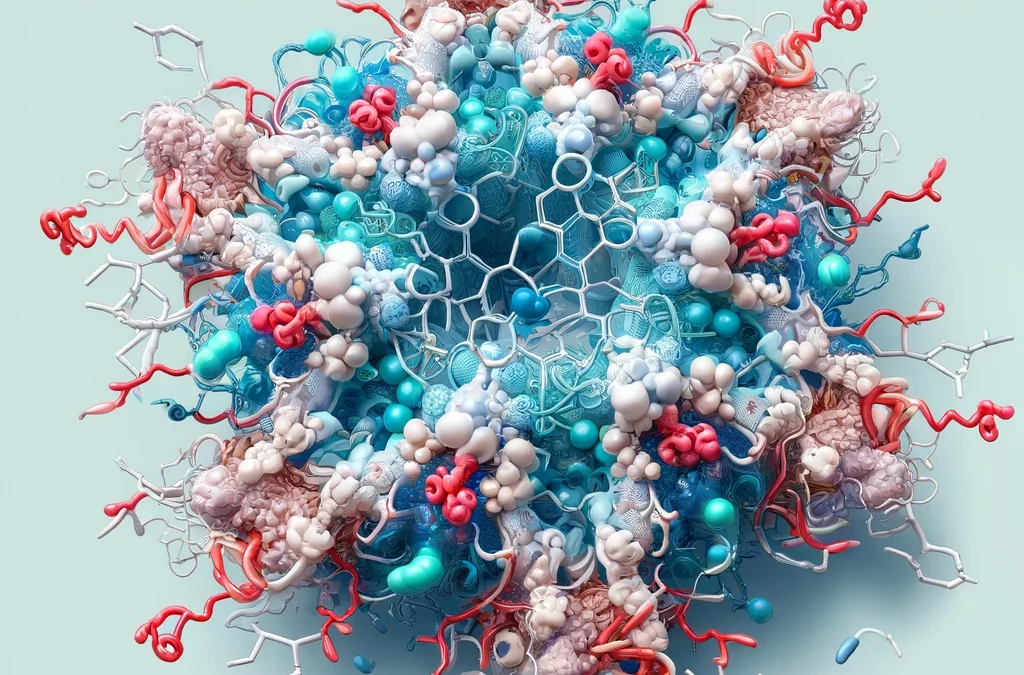Background
Ulcerative colitis is a chronic inflammatory condition affecting the colon. A recent study investigated the effectiveness of combining two drugs, Simponi, which blocks tumor necrosis factor-alpha, and Tremfya, which inhibits interleukin-23. This combination was compared to each drug used alone in patients with moderate to severe ulcerative colitis.
Purpose
The aim was to understand how Simponi, Tremfya, and their combination work to treat ulcerative colitis, particularly their impact on gene expression and cellular processes in the colon.
Methods
Researchers collected colon biopsies from patients before treatment and after 12 weeks. They analyzed gene expression changes using RNA sequencing, focusing on specific genes and cellular pathways related to ulcerative colitis.
Results
After 12 weeks, the combination therapy (Simponi and Tremfya) caused more significant changes in gene expression than either drug alone. These changes were linked to processes involving interleukin-23, Th17 cells (a type of immune cell), inflammation, and the maintenance of healthy epithelial cells (cells lining the colon).
Key findings include:
• Combination therapy led to more substantial reductions in inflammation and improvements in epithelial cell health compared to monotherapies.
• Genes affected by the combination therapy showed a stronger suppression of inflammation and promoted the normalization of epithelial cells.
• Patients who responded well to the treatment showed significant reductions in Th17 cell activity and inflammation, as well as less damage to the colon lining.
Conclusion
The combination of Simponi and Tremfya provides a greater therapeutic benefit for ulcerative colitis patients than using either drug alone. This is due to their complementary mechanisms: Simponi reduces inflammation via tumor necrosis factor-alpha blockade, while Tremfya promotes epithelial healing by inhibiting interleukin-23. The combination therapy enhances the overall response, leading to better restoration of normal colon function.
This study highlights the potential for combination therapies to achieve better outcomes in treating complex inflammatory diseases like ulcerative colitis.

